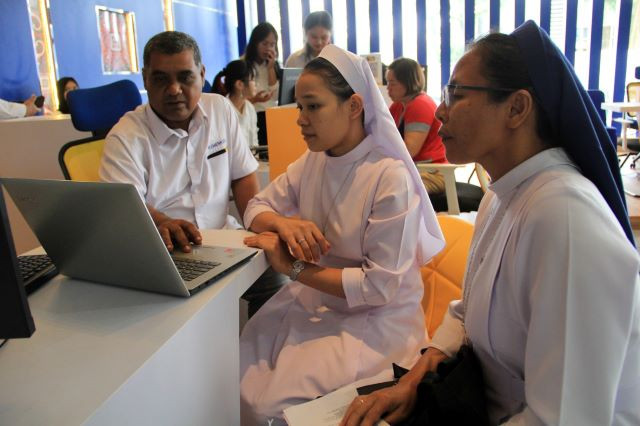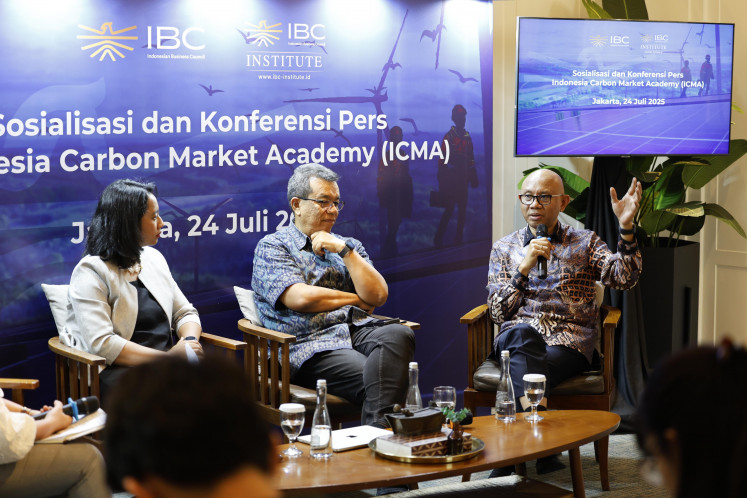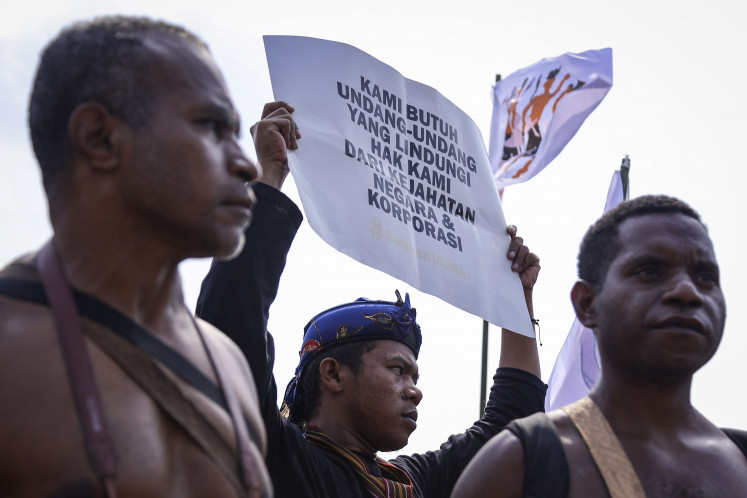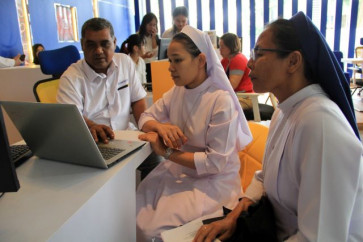Popular Reads
Top Results
Can't find what you're looking for?
View all search resultsPopular Reads
Top Results
Can't find what you're looking for?
View all search resultsTax Administration 3.0: Post-core tax digitalization challenges
The lack of automation in filling out fiscal reconciliation can lead to reduced accuracy in the preparation of tax returns.
Change text size
Gift Premium Articles
to Anyone
T
he Taxes Directorate General (DGT) will launch in July the Core Tax Administration System (CTAS) program, an information technology system that will integrate and automate 21 core business processes for the execution of DGT duties.
The technology extends the history of the digital transformation of taxation in Indonesia, which began in 2007 through the e-SPT (filing tax returns online) system, in 2009 through e-filing (filing tax returns using an app), in 2014 through e-faktur (electronic invoices) and in 2018 through e-bupot (electronic withholding tax reports). However, there is still room for improvement in Indonesia's tax administration after the CTAS in accordance with the needs of taxpayers and global tax trends.
But even after the CTAS’ implementation, surprisingly there will still exist a gap between Indonesia and the global tax administration trend, which the Organization of Economic Co-operation for Development (OECD) and Asian Development Bank (ADB) have called tax administration 3.0.
A survey I conducted on 502 taxpayers registered at the DGT Large and Special Taxpayers Regional Office found that 90 percent of taxpayers perform the fiscal reconciliation process manually using Microsoft Excel. The survey data illustrates taxpayers’ high need for technology that can bridge the accounting and taxation cycles.
So far, taxpayers journalize the accounting cycle in software or enterprise resource planning (ERP) and have to re-input it into an e-SPT or e-form when they want to report their taxes. The lack of automation in filling out fiscal reconciliation has the potential to reduce accuracy in the preparation of tax returns.
The OECD (2022) and the ADB (2023) agree on the need to make the taxpayers’ natural system the center of tax administration development. In Tax Administration 3.0, tax technology and business processes must be built seamlessly and integrated with taxpayer business activities. Tax Administration 3.0 works through interoperability between taxpayer accounting systems and tax authority systems through application programming interfaces (APIs).
In Tax Administration 3.0, the taxation process starts from the bookkeeping activity of daily transactions conducted by taxpayers in the accounting system. The system features tax calculation and automatic prefiling for tax returns. Through machine-to-machine interaction, the tax authority has real-time access to validate data matching and data processing through predictive modeling.



















